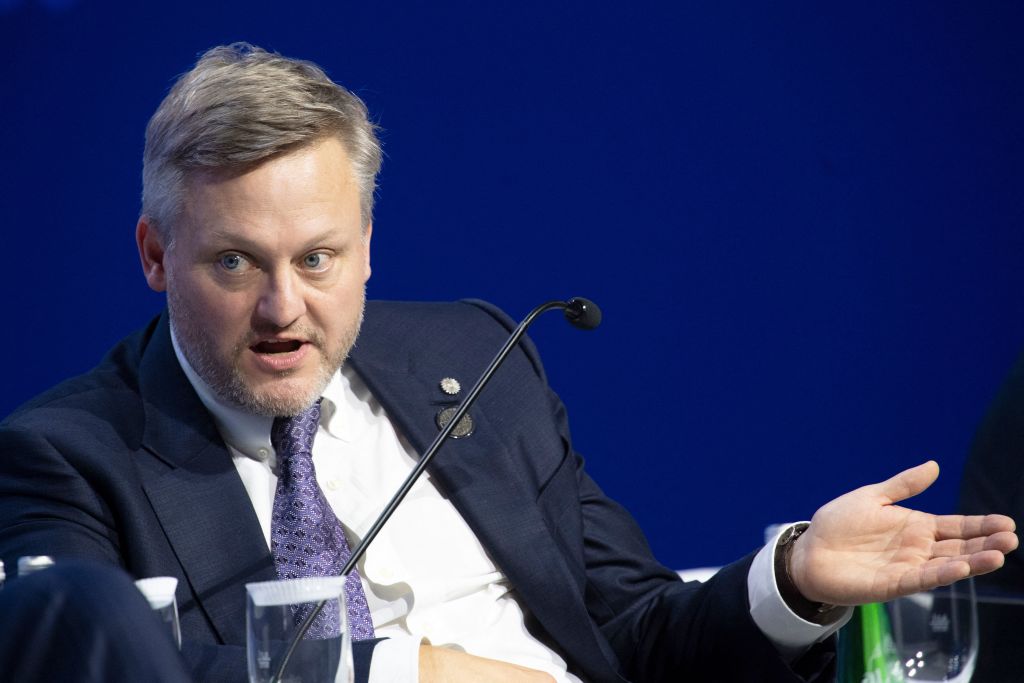BP claws more money back from former boss Looney and pays new chief £8m after 2023 profit beat
BP CEO Murray Auchincloss said the firm will be "super focused" on returns


The head of UK supermajor BP paid chief executive Murray Auchincloss £8m for 2023 on the back of a better-than-expected year.
Figures published by the oil supermajor today showed Auchincloss’s base pay for the year was £1.6m with a variable performance-based top-up of £6.5m.
Auchincloss served as the firm’s chief financial officer for the majority of 2023. He took over as the interim chief of the company between September 2023 and January of this year after former head Bernard Looney’s departure. Auchincloss was fully minted in the role in January.
Meanwhile, disgraced chief Bernard Looney, who was forced to step down in September last year after admitting he had failed to fully disclose a series of personal relationships with his colleagues, was paid £1.2m between January 2023 and the time of his departure. However, BP also said it had cancelled £3m in bonuses and share awards for the former chief, meaning his overall pay for the year was -£1.8m.
BP also cut £31m from the former chief’s pay packet last year after the revelations emerged.
Bernard Looney received £1.7m in his first pay packet as chief executive in 2020 after it scrapped all bonuses during his first year in office due to the pandemic. His pay then jumped to £10.3m in 2022.
In its full-year results for 2023 posted last month, the firm reported £10.8bn in profit as oil and gas prices cooled and refining profit margins thinned from the bonanza 2022 that saw the firm take a £21.6bn profit.
“Looking back, 2023 was a year of strong operational performance with real momentum in delivery right across the business,” said Auchincloss last month.
Shell’s chief executive Wael Sawan is expected to receive a pay package in the same region as Auchincloss when the oil and gas producer reports his pay on 14 March.
Shell and BP have made huge profits of a combined £75bn since the energy crisis began, triggered by Russia’s illegal war in Ukraine.
The news comes during a bruising week for the UK oil and gas sector, following Chancellor Jeremy Hunt’s decision to extend the energy profits levy on North Sea producers until the end of 2029.
Chief executive of Ithaca Energy Gilad Myerson said the tax extension “continues to significantly impact investment” in the area and sector and denied the existence of ‘windfall profits’ owing to lower oil and gas prices against 2022 levels.
A Shell spokesperson added to the ire, saying it marks, “yet another change to the UK oil and gas tax regime will further undermine industry confidence about investing in the North Sea.
“It will negatively impact companies’ ability to attract capital to deliver energy security for the UK today, invest in its transition to low carbon energy while supporting jobs and economic value to Britain,” the spokesperson added.


